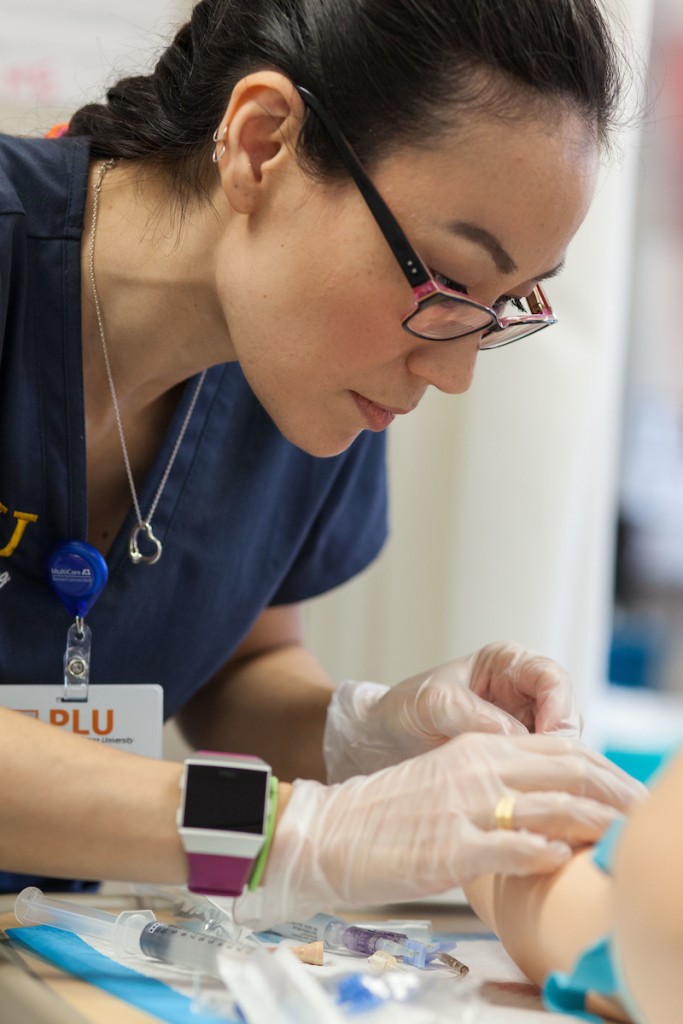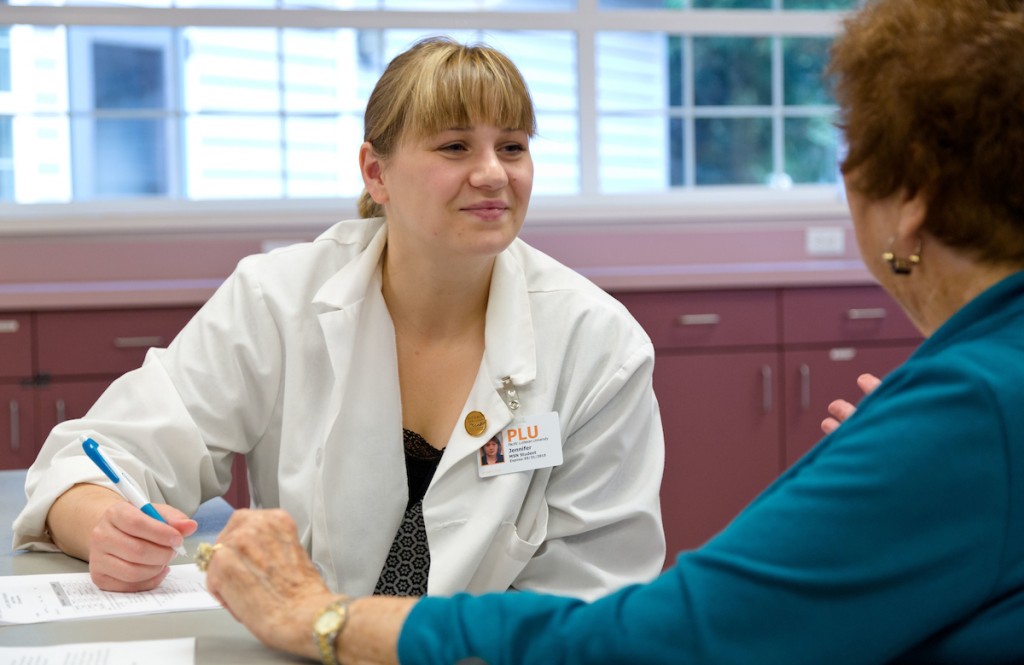The Master’s of Science in Nursing (MSN)
A master’s of science in nursing is a graduate degree program that offers students courses in evidence-based practice generally, leadership in a nursing setting, courses in the chosen area of specialty, and clinical experience in the chosen area of specialty. As part of the completion of the master’s program, students become eligible to pass state-based exams and certifications so they can practice as nurse practitioners, clinical leaders, and more.
There are many different types of MSN programs available, including RN to MSN, BSN to MSN, and entry-level MSN program options. Most MSN programs can be completed in 2-3 years and offer graduates an immediate return on investment if they are able to fulfill their state-specific requirements for licensing and certification upon completion of the program.
Fun Fact: 90% of Pacific Lutheran University’s MSN graduates have a 3-year first-time pass rate for their clinical leader certification. 98% of PLU’s entry-level MSN students pass the NCLEX-RN on their first attempt.

The Doctor of Nursing Practice (DNP)
The doctor of nursing practice degree (DNP) is designed for students who are seeking a degree at the highest level of nursing practice. While it is possible to get a Ph.D. in Nursing, a Ph.D. is for those who are interested in academia, research, and theory, while DNP graduates serve as leaders in the health profession and implement the best, most recent research into the practice of nursing to improve health outcomes.

According to the American Association of Colleges of Nursing (AACN), a majority of nursing schools are advocating for the DNP degree to be required for all nurses who are interested in taking on one of the four APRN roles. Increasingly, nurses who want to lead or teach across the profession are choosing to pursue graduate education all the way through the DNP level.
Fun Fact: Historically, 100% of graduates from PLU’s DNP program pass the national certification exam for Family Nurse Practitioners (FNPs).
Note: Requirements for certification and licensure vary from state to state and may not be transferable. If you receive your MSN or DNP in a specific state and pass your exams, you will be immediately qualified to work in that state, but may need to pass a different exam to practice elsewhere.


